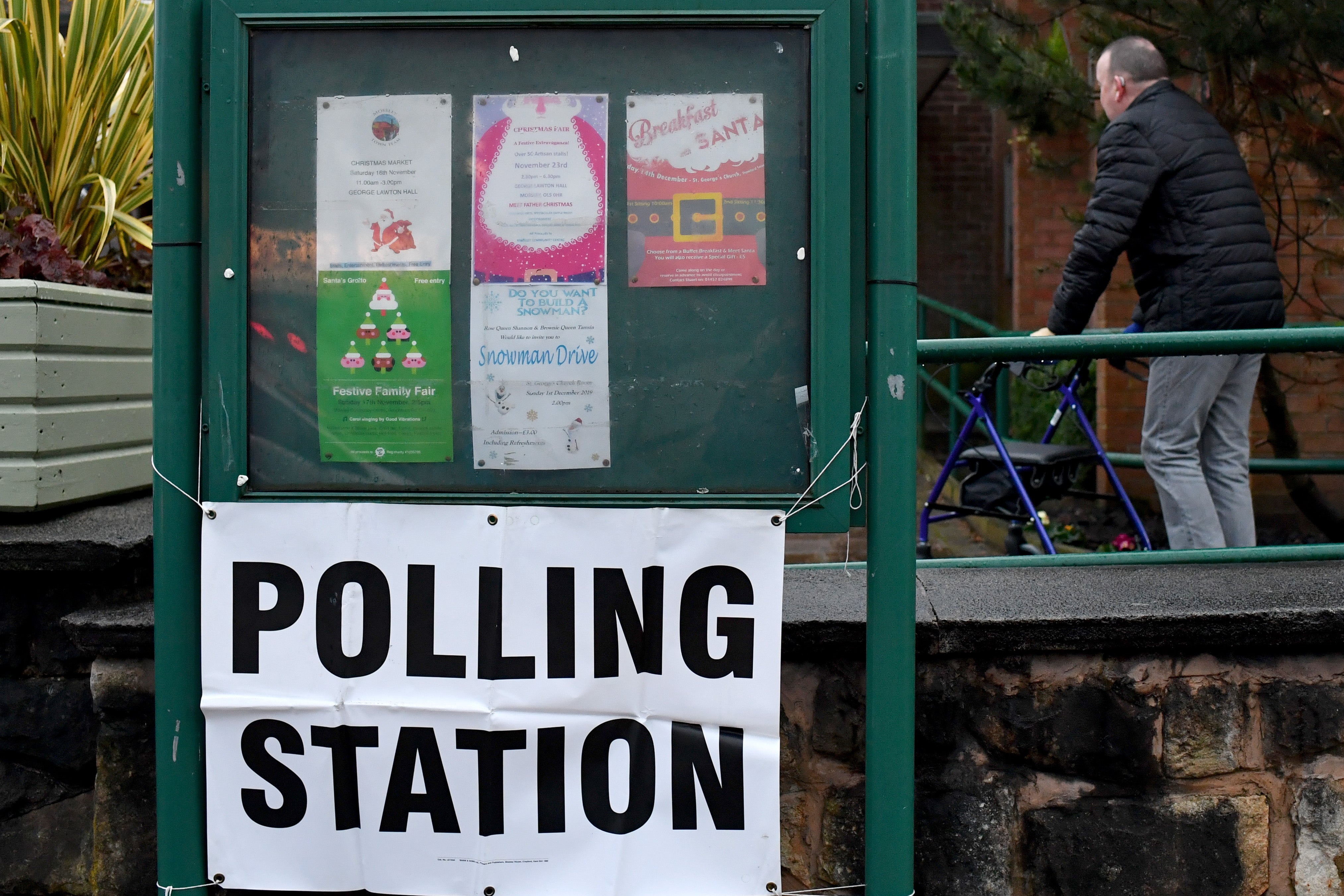Where are elections happening on 6 May and why do they matter?
Winning a few hundred extra seats and installing Liam Byrne to replace Tory Andy Street as mayor of the West Midlands would represent a golden night for Sir Keir Starmer but anything less would add to perceptions his leadership is running out of steam, writes Andrew Woodcock


Elections may be the last thing on Britons’ minds as the country emerges from the coronavirus pandemic and the prospect of summer holidays beckons.
But in just a few weeks most of the country is facing polls which could have a fundamental impact not only on the political direction of the 2020s but on the future of the UK itself.
On 6 May, voters will cast their ballots not only in elections for the Scottish parliament, Welsh Senedd, London Assembly and 149 English councils, but also choose 39 police and crime commissioners and 13 elected mayors, in one of the largest democratic events ever seen outside a general election.
The crammed voting schedule is the result of many ballots – including Sadiq Khan’s battle to retain the mayoralty in London – being postponed from last year when they could not be held due to Covid-19.
The “super Thursday” event represents the electorate’s first opportunity to pass judgement on Boris Johnson for his handling of the pandemic and his delivery of Brexit, as well as being Sir Keir Starmer’s first electoral test as Labour leader.
But possibly more significant in the long term, results in Scotland will determine whether Nicola Sturgeon has a convincing mandate to demand a second independence referendum, potentially leading to the break-up of the United Kingdom.
Whatever the result, Mr Johnson will certainly continue to withhold his assent for an IndyRef2 poll so soon after Scotland voted to stay in the UK in 2014.
But a landslide – or even an overall majority – for the SNP would be taken by Ms Sturgeon as overwhelming moral authority to press ahead with an independence vote, possibly without seeking London’s approval.
Polling suggests that the SNP’s prospects of victory have been little affected by the vicious public feuding between the party leader and her predecessor Alex Salmond.
Recent surveys put the party in a commanding position, with around 42 per cent support, just five points down on their high point of 47 last summer.
With a new centrist-friendly leader in Anas Sarwar, Scottish Labour is hoping to win the tussle for second place withthe Tories.
But with both the big national parties hovering around the 20 per cent mark, the best they can realistically hope for is to deny Sturgeon the absolute majority which would give her a free hand at Holyrood.
Nationally, Labour is doing what it can to play down expectations, pointing to a “vaccine boost” effect to explain in advance any gains made by Mr Johnson. The Tories may also be helped by the eclipse of Ukip, which took 12 per cent of the vote in the Welsh parliament and English council seats last contested in 2016.
But in reality, Starmer’s party should be looking to make gains in council seats, many of which were last up for grabs in 2017, when a brief first flush of popularity for Theresa May delivered an eight-point swing and more than 500 councillors to Tories.
Winning a few hundred extra seats and installing Liam Byrne to replace Tory Andy Street as mayor of the West Midlands would represent a golden night for Sir Keir. Anything less would add to perceptions that his leadership is running out of steam after his initial successes in shaking off the legacy of Jeremy Corbyn.
Polling in London suggests Labour has no need to worry about Mr Khan holding on to City Hall against a stuttering challenge from Tory Shaun Bailey.
And in Wales, the party looks set for a comfortable victory under Mark Drakeford, widely seen to have had a good pandemic.
Mr Johnson will be looking to build on his opinion poll surge in the wake of the successful vaccination programme, limiting losses in council seats, holding on to totemic mayoralties like West Midlands and Tees Valley and reining in Ms Sturgeon’s drive for independence.
Success in these goals would go some way to helping him put the failings of his coronavirus response and the troubled Brexit process behind him as he sets his sights on a second term at 10 Downing Street in the general election, which is currently scheduled for 2024 but could very easily be brought forward to 2023 if the prime minister has his way.
Join our commenting forum
Join thought-provoking conversations, follow other Independent readers and see their replies
Comments